The value of silence
In a world 'filled with constant yapping' some are making an effort to keep schtum
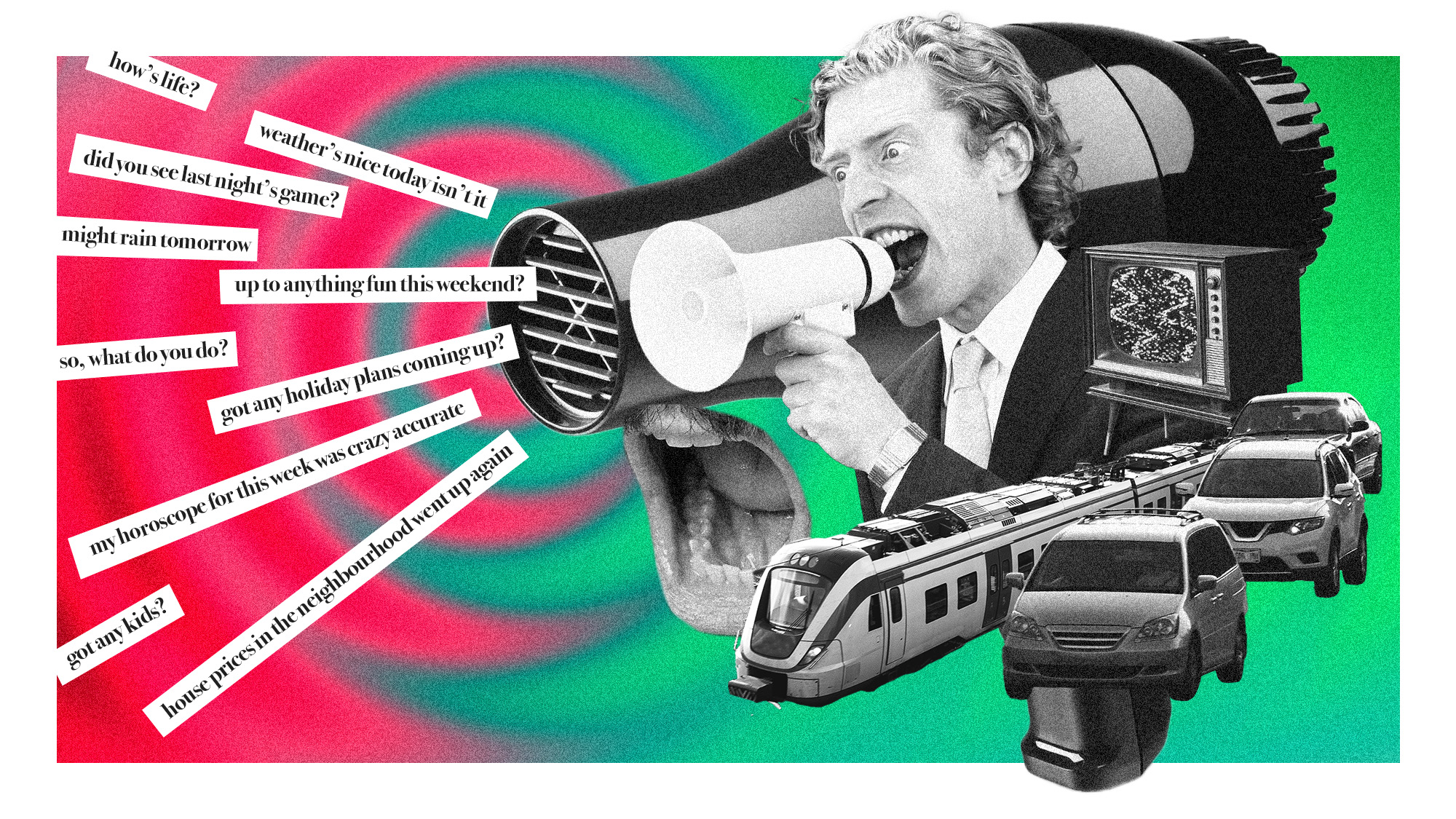
A free daily email with the biggest news stories of the day – and the best features from TheWeek.com
You are now subscribed
Your newsletter sign-up was successful
Life is "filled with noise" but not at a Finnish hairdresser's that has introduced a "silent service" for customers.
At Kati Hakomeri's salon in Helsinki, customers can ask to avoid "polite chitchat about the weather, weekend plans and future holiday destinations", said The Times, and she "appears to have found a gap in the market because demand for the option in her salon has proved buoyant".
"I'm an introvert myself and I understand how uncomfortable it can be for a client to have to make small talk," she told Helsingin Sanomat. The quiet could prove valuable because in this "cacophonous world", silence is "the window to a wealth of wonders", said the BBC.
The Week
Escape your echo chamber. Get the facts behind the news, plus analysis from multiple perspectives.

Sign up for The Week's Free Newsletters
From our morning news briefing to a weekly Good News Newsletter, get the best of The Week delivered directly to your inbox.
From our morning news briefing to a weekly Good News Newsletter, get the best of The Week delivered directly to your inbox.
'Louder and louder'
If there's "such a thing as a perennial grumble, noisiness might be it", wrote Justin Zorn and Leigh Marz for Vox, but "these days", life is "not just loud", there's "an unprecedented mass proliferation of mental stimulation".
The "trajectory of modern life seems inexorable", including "more cars on the roads, more planes in the skies, more whirring appliances, more buzzing and pinging gadgetry".
There are "louder and more ubiquitous TVs and speakers in public spaces and open-plan offices", and in Europe, an estimated 450 million people, or 65% of the population, live with noise levels that the World Health Organisation regards as hazardous to health.
Also in Europe, 12,000 premature deaths each year are caused by the stress and cardiovascular disease brought on by excess noise, found the UN Environment Programme.
A free daily email with the biggest news stories of the day – and the best features from TheWeek.com
'Prattle sabbatical'
"In an industry (and a world) filled with constant yapping", it's "no surprise" that the silent haircut option has had a "huge take-up", wrote Celia Walden in The Telegraph, because what could be more appealing than a "prattle sabbatical?"
"At its core", interaction with hairdressers, cab drivers and others feels like "filling silence for the sake of it", wrote Helen Coffey in The Independent, because we "believe it is expected of us", though "neither party is invested in the conversation", so its draining to keep up the "charade".
In 2019, Uber offered a "quiet mode" option for some journeys, so if passengers were "not in the mood for a chatty driver", they could "avoid small talk during their ride", said the BBC. Not everyone approved: writing on Twitter, one user said that this suggested that "wealthy people can buy their way out of interacting with the poor, who aren't worthy of their attention".
But more quiet in our lives brings "concrete effects", wrote Michael Harris in the Globe and Mail. He noted that scientists who gave lab mice daily doses of silence found that cells in their brains grew faster, while constant noise "stunted brain growth" and schoolchildren "placed in classrooms by noisy subway tracks had lower reading levels than those who worked on the quieter side of the school".
Perhaps the ultimate value of silence is that it has no economic value. "Silence", wrote Swiss thinker Max Picard, is "the only phenomenon today that is 'useless'", in that "it does not fit into the world of profit and utility; it simply is" and "cannot be exploited".
Chas Newkey-Burden has been part of The Week Digital team for more than a decade and a journalist for 25 years, starting out on the irreverent football weekly 90 Minutes, before moving to lifestyle magazines Loaded and Attitude. He was a columnist for The Big Issue and landed a world exclusive with David Beckham that became the weekly magazine’s bestselling issue. He now writes regularly for The Guardian, The Telegraph, The Independent, Metro, FourFourTwo and the i new site. He is also the author of a number of non-fiction books.
-
 The environmental cost of GLP-1s
The environmental cost of GLP-1sThe explainer Producing the drugs is a dirty process
-
 Greenland’s capital becomes ground zero for the country’s diplomatic straits
Greenland’s capital becomes ground zero for the country’s diplomatic straitsIN THE SPOTLIGHT A flurry of new consular activity in Nuuk shows how important Greenland has become to Europeans’ anxiety about American imperialism
-
 ‘This is something that happens all too often’
‘This is something that happens all too often’Instant Opinion Opinion, comment and editorials of the day
-
 The most downloaded country song in the US is AI-generated
The most downloaded country song in the US is AI-generatedUnder the radar Both the song and artist appear to be entirely the creation of artificial intelligence
-
 Rosalía and the rise of nunmania
Rosalía and the rise of nunmaniaUnder The Radar It may just be a ‘seasonal spike’ but Spain is ‘enthralled’ with all things nun
-
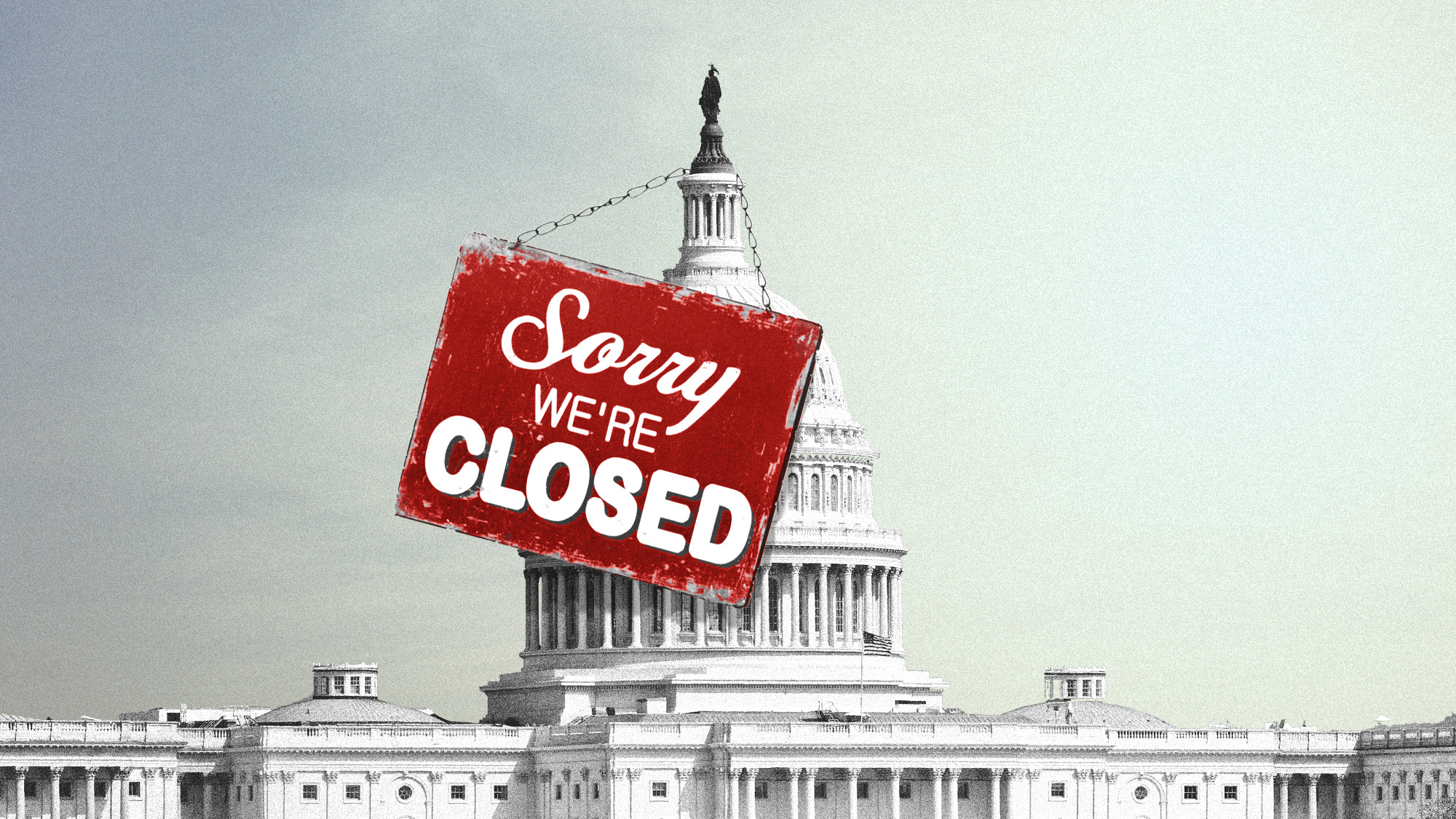 DC tourism has taken a hit
DC tourism has taken a hitUnder the Radar The government shutdown has reduced tourist attractions
-
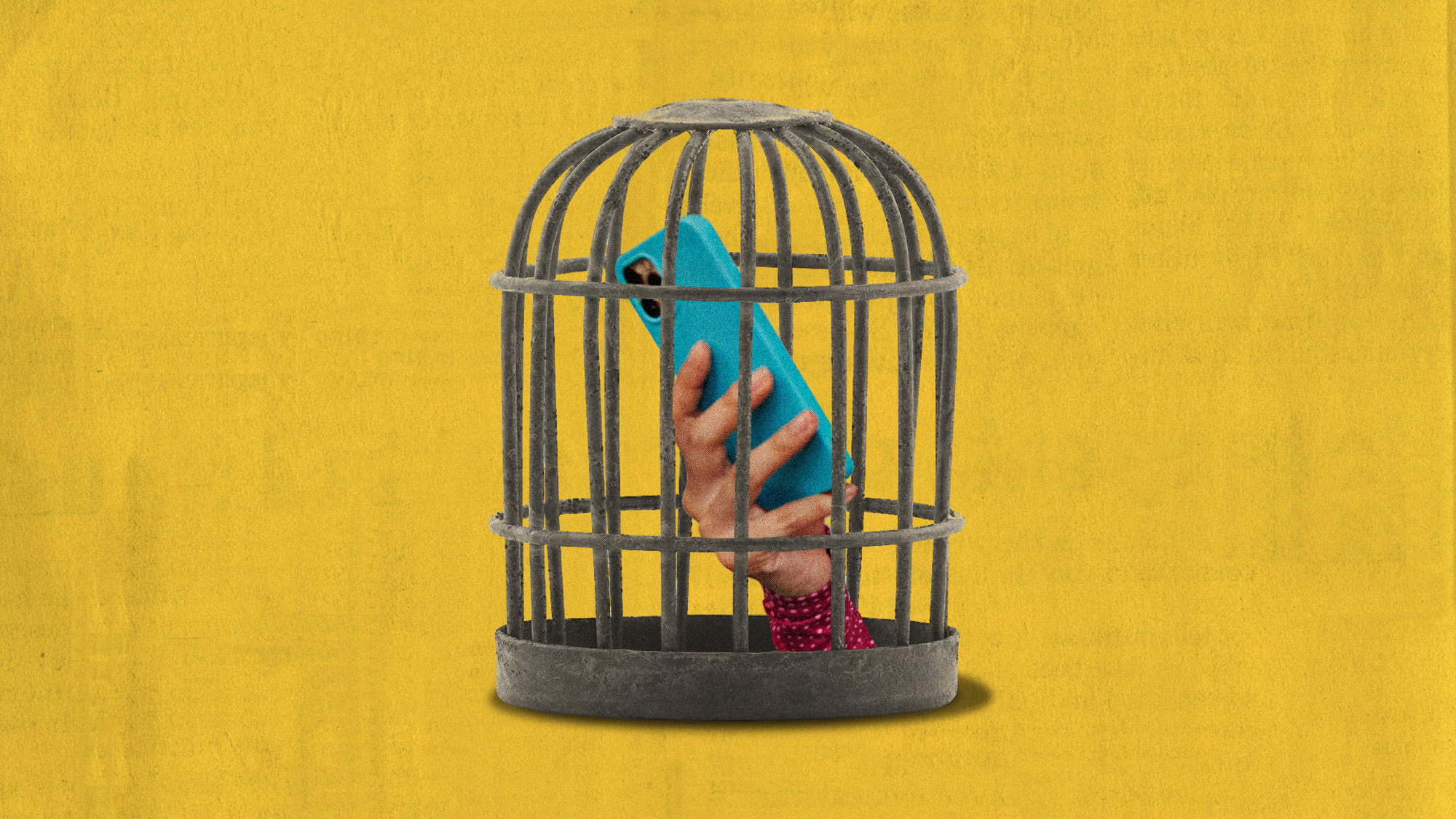 Back to the future: Kids embrace ‘old school’ devices
Back to the future: Kids embrace ‘old school’ devicesUnder the radar From MP3s to sewing machines
-
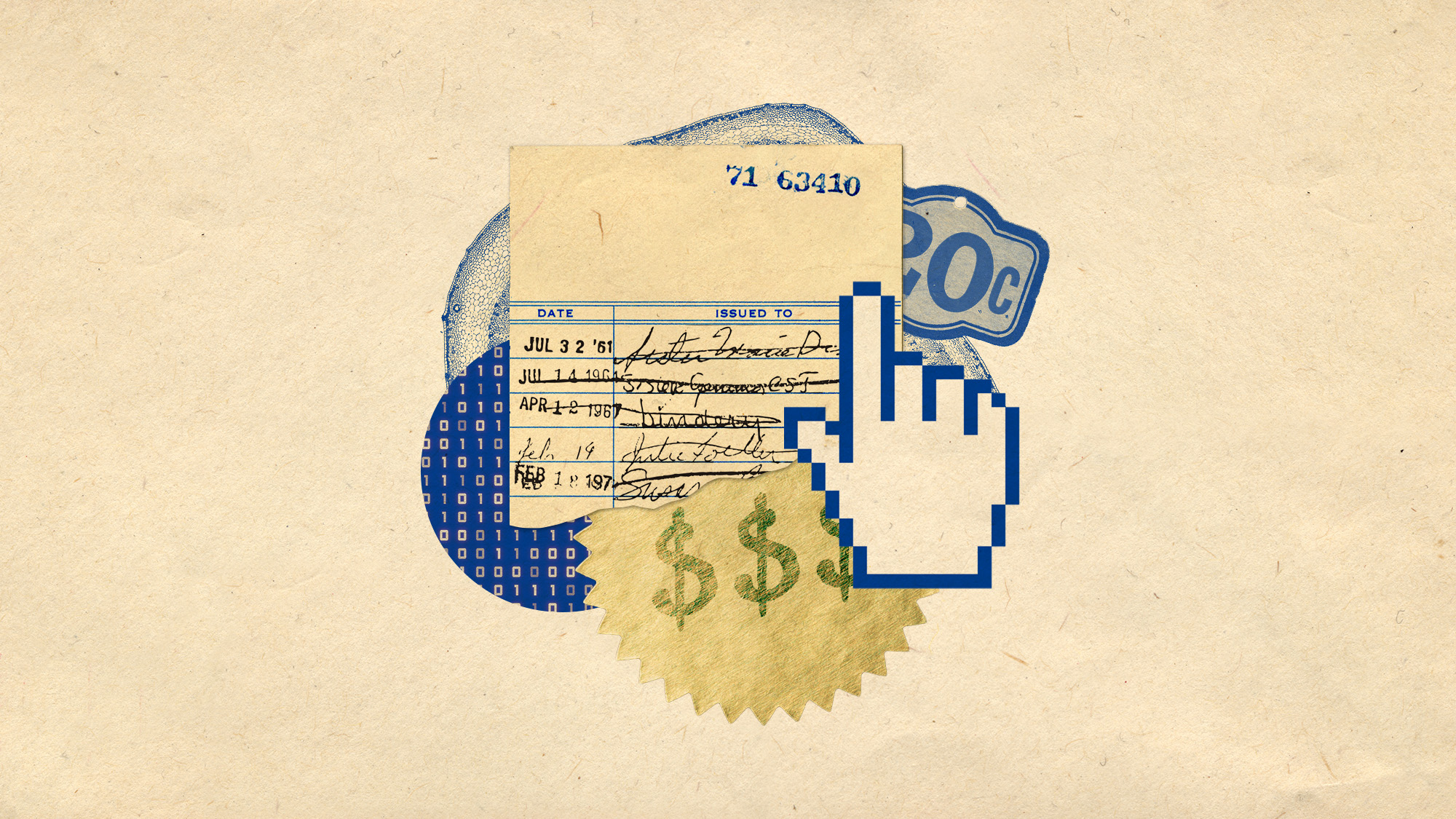 Libraries are feeling the cost burden of e-book popularity
Libraries are feeling the cost burden of e-book popularityUnder the Radar Certain states are working to change laws around e-book purchasing for libraries
-
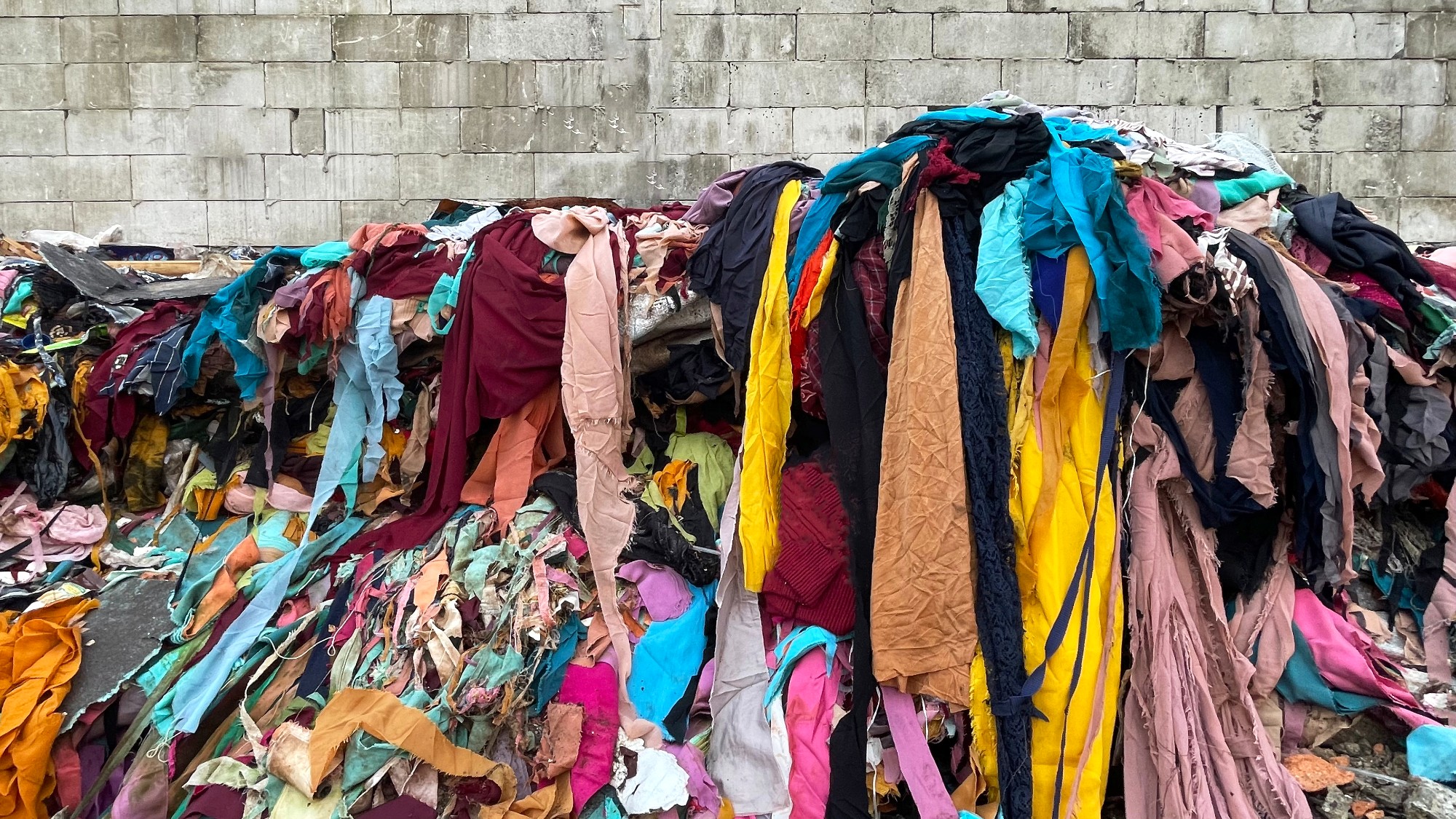 Cultural copying: Western fast fashion is co-opting South Asian culture
Cultural copying: Western fast fashion is co-opting South Asian cultureUnder the radar Reformation's new collection resembles traditional South Asian garments
-
 And the Oscar goes to … no one in particular: Movies made with AI can now win awards
And the Oscar goes to … no one in particular: Movies made with AI can now win awardsUnder the radar Generative AI is no longer a barrier to acclaim
-
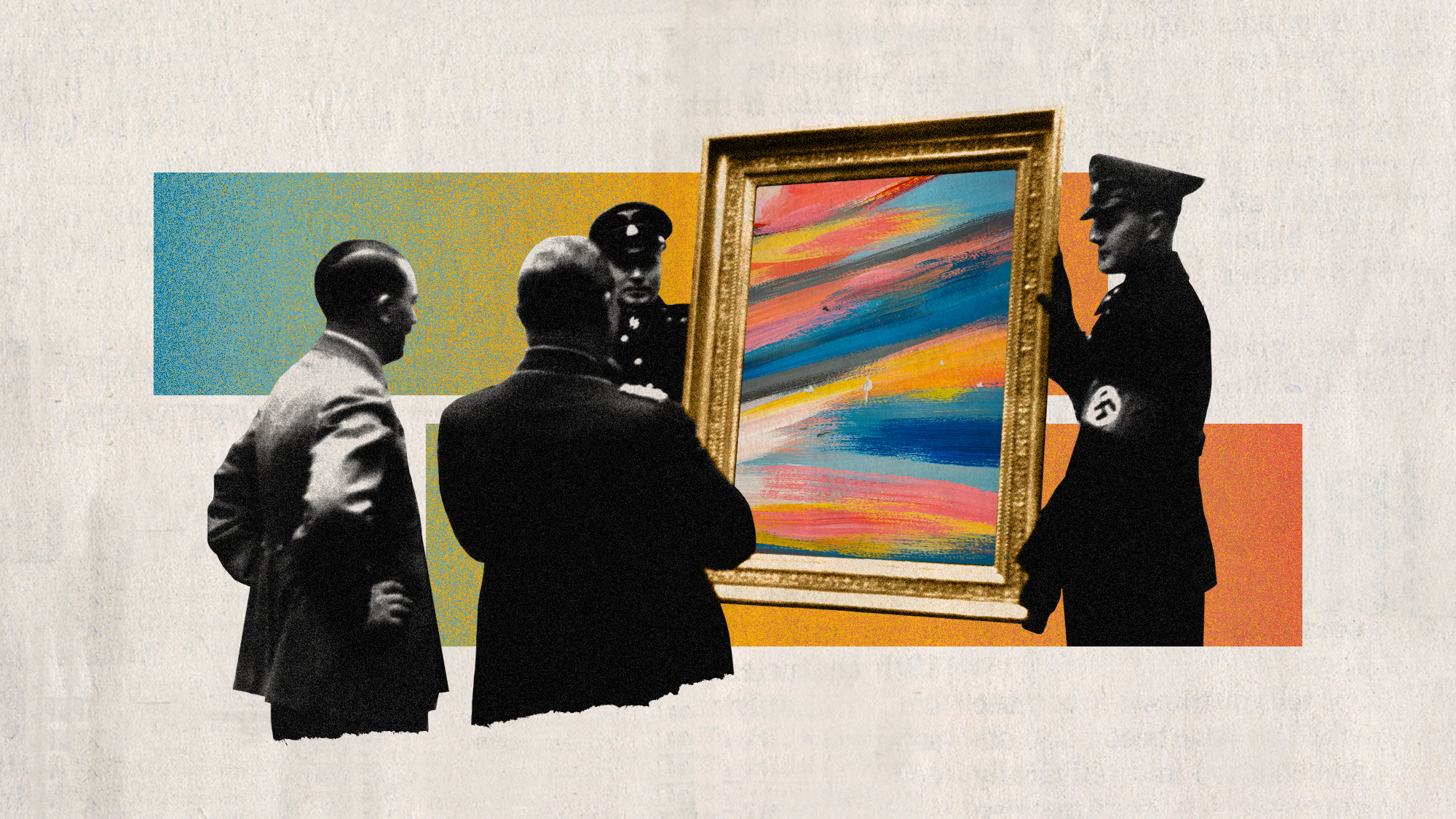 The Supreme Court revives a family's quest to recover looted Nazi art
The Supreme Court revives a family's quest to recover looted Nazi artUnder the Radar The painting in question is currently in a Spanish museum